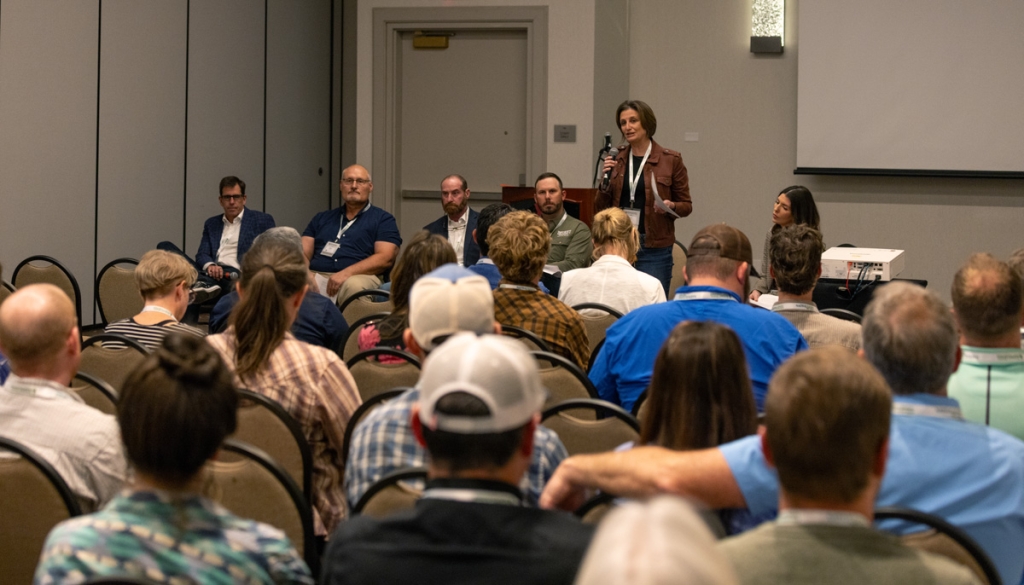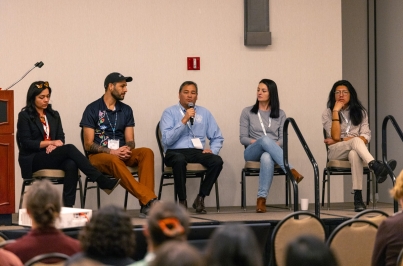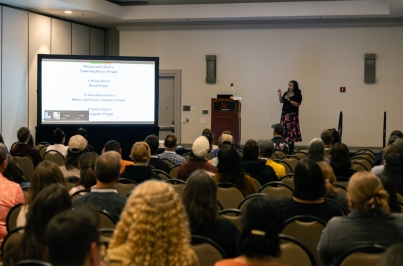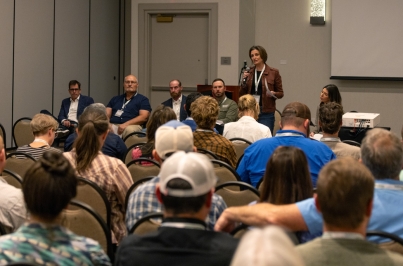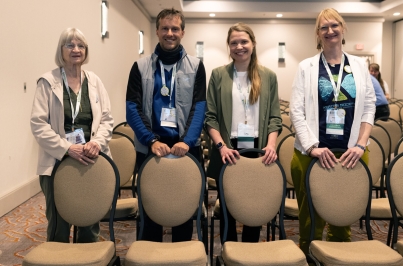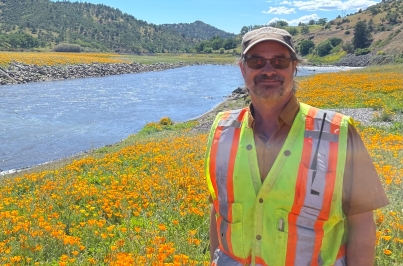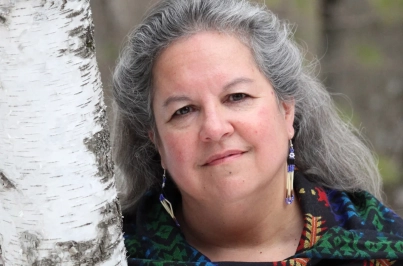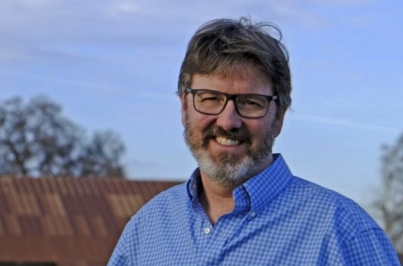Program Highlights
Author, scientist, and inspirational member of the Citizen Potawatomi Nation, Robin Wall Kimmerer is joining the 2026 National Native Seed Conference!
The conference will host Dr. Kimmerer’s presentation, “Restoration and Reciprocity: Healing Relationships with the Natural World“, followed by a live Q&A session. The presentation will be pre-recorded and Dr. Kimmerer will join the conference for the Q&A session.
Ecological restoration can be understood as an act of reciprocity, in return for the gifts of the earth. This talk explores the ecological and ethical imperatives of healing the damage we have inflicted on our land and waters. We trace the evolution of restoration philosophy and practice and consider how integration of indigenous knowledge can expand our understanding of restoration from the biophysical to the biocultural. Reciprocal restoration includes not only healing the land, but our relationship to land. In healing the land, we are healing ourselves.
Day 1 // Wednesday, February 25, 2026
Building and Sustaining Native Seed Communities
Creative funding strategies, effective outreach, strong policy, and collaborative networks are critical for establishing a thriving native seed community. This theme focuses on how to develop, support, and strengthen the policy landscape, build robust partnerships, and engage collaborators.
Day 2 // Thursday, February 26, 2026
Strengthening the Native Seed Supply Chain
From seed collection and propagation to production and end use, a robust native seed supply chain is the backbone of our native seed community and successful ecological restoration and conservation efforts. This theme highlights best practices, innovative methods, and collaborations that strengthen each link in the supply chain to ensure high-quality native seed availability and use.
